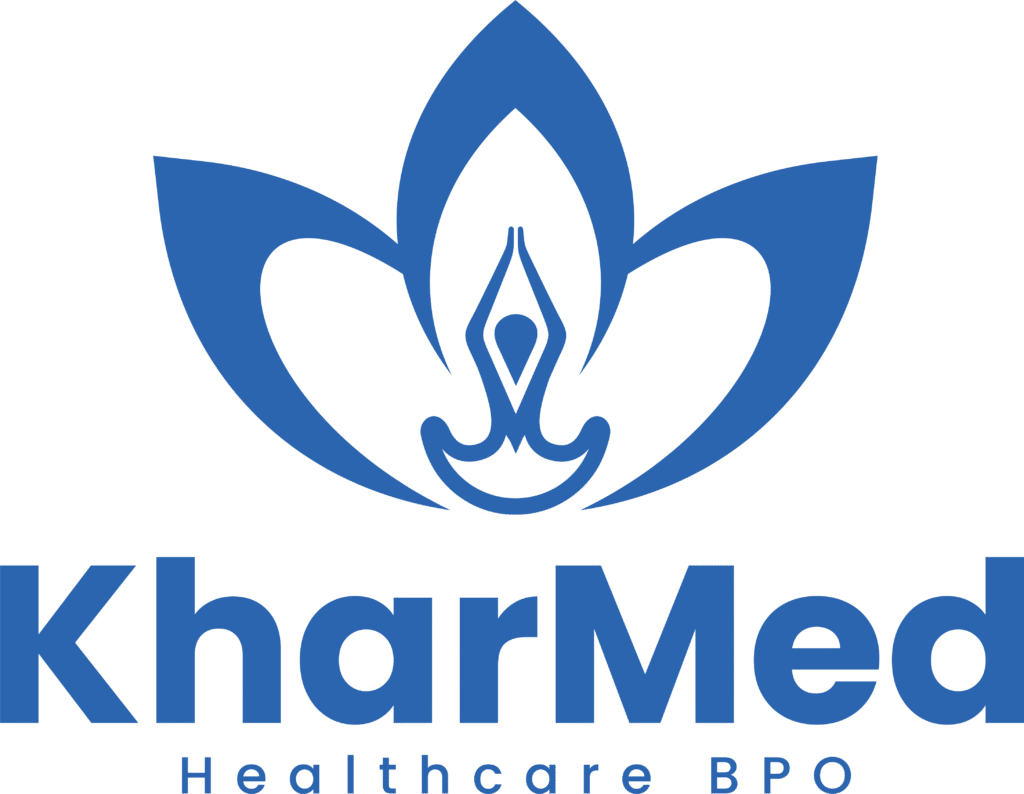Revenue cycle management (RCM) has always been a cornerstone of financial sustainability in healthcare, but as economic pressures mount, it has shifted from being important to absolutely critical. This year, healthcare leaders across the United States are facing an inflection point.
With inflation on the rise, staff shortages persisting, and reimbursement delays growing more common, many hospitals and providers are being forced to rethink their approach to RCM altogether.
And it’s not just hospitals feeling the strain. Private practices, clinics, and outpatient centers are also struggling to keep up. With research from McKinsey & Co forecasting that national health expenditure in the U.S. will surge by $370 billion by 2027, the cost pressure is set to intensify.
In such a challenging landscape, optimizing revenue cycle management isn’t just good business; it’s a necessity for survival.
What Is Revenue Cycle Management?
Revenue cycle management refers to the comprehensive process healthcare providers use to track patient care episodes from registration and appointment scheduling to the final payment of a balance. RCM covers the entire financial lifecycle of a patient interaction, including:
- Patient registration and eligibility verification
- Insurance authorization
- Medical coding
- Claims submission
- Payment posting
- Follow-ups and denial management
When executed effectively, RCM ensures that providers get paid accurately and on time for the services they deliver. But when RCM breaks down due to human error, staffing issues, or administrative bottlenecks, the financial health of the entire organization can suffer.
The Biggest RCM Challenges in Today’s Healthcare Environment
To address the RCM crisis, healthcare leaders must first understand what’s driving it. Several persistent challenges are making it increasingly difficult for providers to maintain a stable and efficient revenue cycle. Here are some major ones.
1. Increased Claims Denials
Denied claims are on the rise. According to a report from the American Hospital Association, 89% of hospitals have reported a noticeable uptick in denials. As payers use more advanced technology and complex submission criteria to flag errors, healthcare providers are being forced to tighten their billing workflows.
2. Staffing Shortages and High Turnover
Revenue cycle roles are becoming harder to fill and retain. Skilled RCM professionals are in high demand and, thanks to remote work opportunities, can often find better-paying roles elsewhere. This has left many health systems scrambling to fill gaps with undertrained or temporary staff, which can increase errors and slow down operations.
3. Regulatory Complexity
Recent legislation like the No Surprises Act has introduced new requirements for pricing transparency and patient protection. While these rules are well-intentioned, they’ve also caused payment delays and administrative confusion. With tens of thousands of claims entering dispute resolution, providers are struggling to keep pace with ever-changing compliance demands.
4. Technology Deficiencies
Despite the increasing role of digital tools in healthcare, many organizations still rely on outdated or inefficient systems. Barriers such as limited budgets, data privacy concerns, and clinician resistance to change have slowed tech adoption. Without modern RCM platforms, hospitals risk falling behind in automation, error reduction, and real-time revenue tracking.
How Outsourcing Can Strengthen RCM Operations
One of the most effective strategies for dealing with RCM challenges is outsourcing. By partnering with specialized providers, healthcare organizations can streamline revenue operations, reduce overhead, and enhance payment efficiency, all without sacrificing service quality.
Here’s how outsourcing can make a meaningful difference.
1. Enhanced Focus on Clinical Care
Revenue cycle management is inherently administrative. When in-house teams are overwhelmed by billing tasks, it pulls time and attention away from clinical priorities. By outsourcing key components such as claims processing and insurance verification, providers free up internal resources to concentrate on delivering exceptional care.
2. Accelerated Reimbursements
RCM providers bring deep expertise in handling complex billing workflows. From accurate patient registration and benefit verification to coding and submission, outsourcing partners can significantly speed up the revenue collection process. This translates to faster reimbursements and improved cash flow for healthcare organizations.
3. Steady Revenue Flow
Unlike internal teams that may be affected by sick leave, turnover, or understaffing, outsourced teams work around the clock. They operate with dedicated personnel and advanced tools to ensure billing never stops. This consistency helps maintain a steady stream of revenue, even during staffing transitions or seasonal spikes.
4. Error Reduction and Compliance Support
Outsourcing vendors invest heavily in training and quality control. Their staff are often certified coders and billing professionals who work with multiple healthcare clients across different systems. Combined with advanced billing software and auditing tools, this ensures fewer claim rejections and a higher level of accuracy.
5. Cost Savings and Scalability
Partnering with an outsourcing firm often costs significantly less than maintaining a full in-house RCM team. Moreover, vendors can scale services based on seasonal demand or business growth, giving healthcare providers the flexibility to adjust without having to constantly recruit and train new staff.
RCM Success Is a Strategic Imperative
Healthcare organizations are under more financial pressure than ever before. As operating margins shrink and expenses rise, leaders must find efficient ways to manage their revenue cycle without compromising on care quality or compliance. The reality is, outdated processes and internal-only teams are no longer enough.
Revenue cycle management is no longer a back-office function, but a strategic pillar that determines a healthcare provider’s financial sustainability. Outsourcing RCM services gives organizations access to top-tier talent, cutting-edge technology, and a reliable partner in navigating the growing complexities of the healthcare landscape.
By embracing outsourcing, hospitals and practices can gain more than just cost savings. They can future-proof their operations, improve financial performance, and return their focus to the patient experience.
If your organization is struggling with RCM challenges, now is the time to explore smarter, more scalable solutions. A trusted outsourcing partner like Khyzer can be the difference between falling behind and leading the way in a rapidly evolving healthcare industry.


Konsal
Collaboratively empower multifunctional e-commerce for prospective applications. Seamlessly productivate plug and play markets.
Konsal
Competently provide access to fully researched methods of empowerment without sticky models.
Konsal
Collaboratively empower multifunctional e-commerce for prospective applications. Seamlessly productivate plug and play market